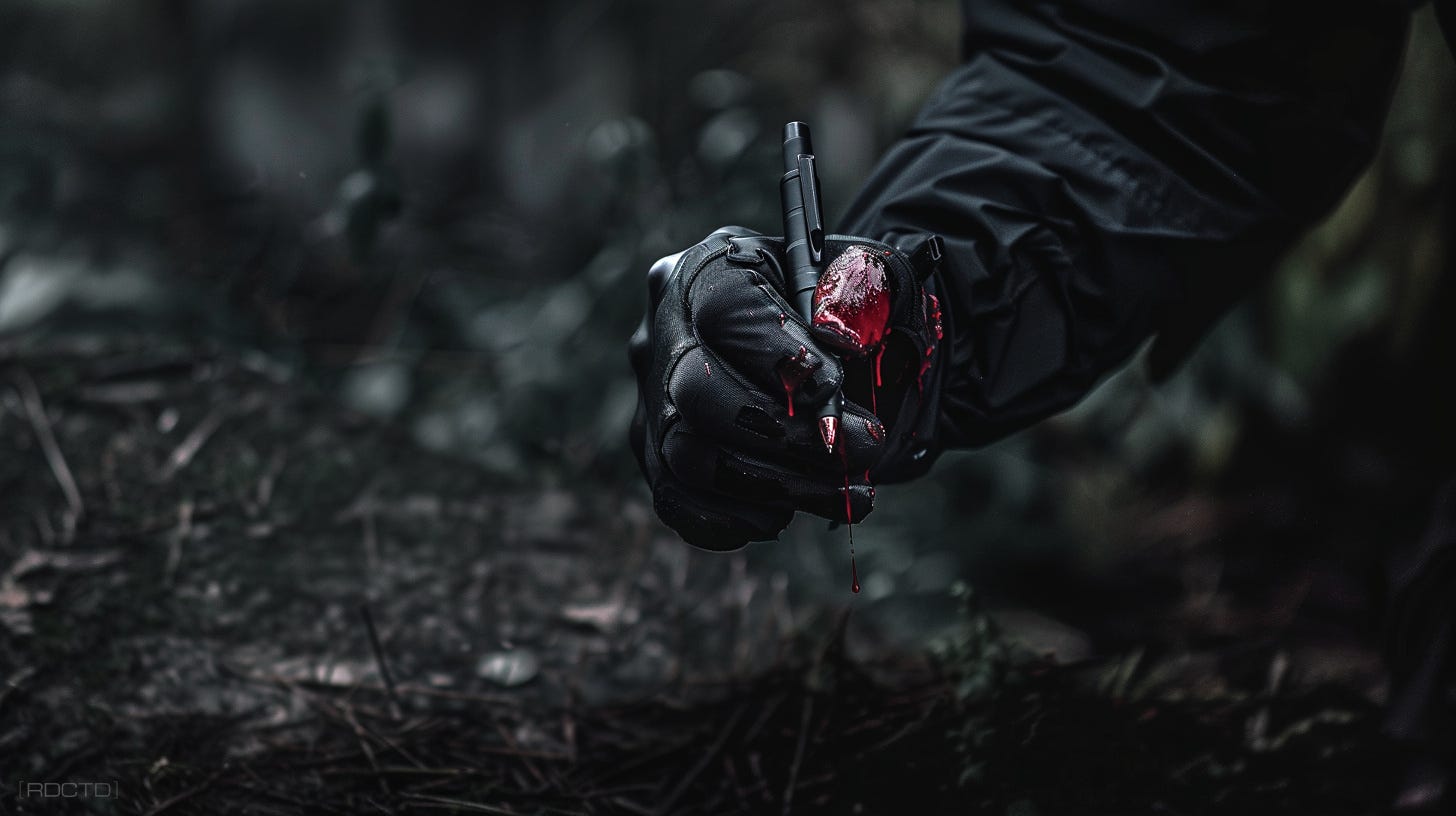The Obvious Secret to Improvised Weaponology
Improvised weaponry plays a crucial role in covert operations, where operatives often find themselves in situations requiring resourcefulness and adaptability. The concept of force multiplication is central to understanding the effectiveness of improvised weapons.
A force multiplier is any factor or technology that dramatically increases (hence "multiplies") the effectiveness of a group or individual in combat. Improvised weapons serve as force multipliers by turning everyday objects into tools of self-defense or offense, thus enhancing the operative's combat capabilities without the need for specialized equipment.
One key aspect of improvised weaponry is its accessibility. Operatives can find potential weapons in their immediate environment, whether it's a kitchen, an office, or a public space. Common items like pens, keys, or belts can be transformed into effective tools for defense. This accessibility means that operatives are never truly unarmed, as they can always find a way to arm themselves with what's available. This enhances their ability to respond to threats quickly and effectively, leveraging ordinary objects to gain a tactical advantage.
Improvised weapons also provide the element of surprise, a critical component in any engagement. An adversary is less likely to anticipate a sudden attack with a seemingly innocuous object, which can give the operative a crucial edge. For example, a rolled-up magazine can be used as a baton, a coffee mug can serve as a blunt instrument, and a piece of clothing can be used to blind or choke an opponent. The unexpected nature of these weapons disrupts the adversary's plans and can provide the operative with a decisive moment to gain control.
Moreover, the use of improvised weapons ties directly into the principles of adaptability and creativity, which are essential traits for any covert operative. The ability to think on one's feet and repurpose common items into weapons demonstrates a high level of tactical acumen and innovation. This skill set not only enhances the operative's effectiveness in the field but also contributes to their overall resilience and ability to survive in adverse conditions.
Improvised weaponry also has the advantage of deniability. In environments where carrying traditional weapons is impractical or illegal, the ability to use everyday objects as weapons allows operatives to maintain a low profile. This is particularly important in urban settings where operatives need to blend in and avoid attracting attention. By relying on improvised weapons, operatives can ensure their readiness for conflict while minimizing the risk of detection and maintaining their cover.
The secret to improvised weaponry lies in its ability to act as a force multiplier. By turning ordinary objects into effective tools for combat, operatives can enhance their defensive and offensive capabilities significantly. This approach leverages the elements of accessibility, surprise, adaptability, and deniability, ensuring that operatives are always prepared to respond to threats.
Mastering the art of improvisation not only expands an operative's arsenal but also reinforces the core principles of tradecraft, making them more versatile and formidable in any situation.




Enjoyable discussion of benefits of Improvised Weapons (IW). This background data material isn't available in the Martial Arts environment. Linkages brought up here are Diamonds in the rough.